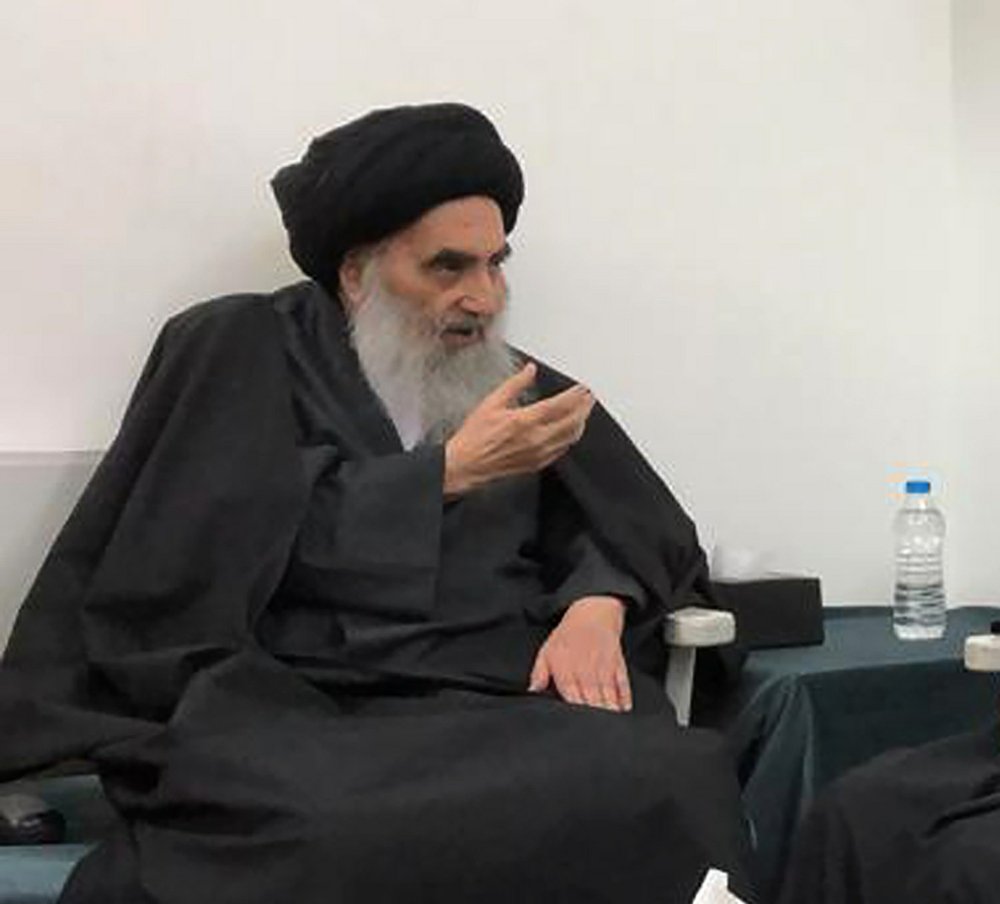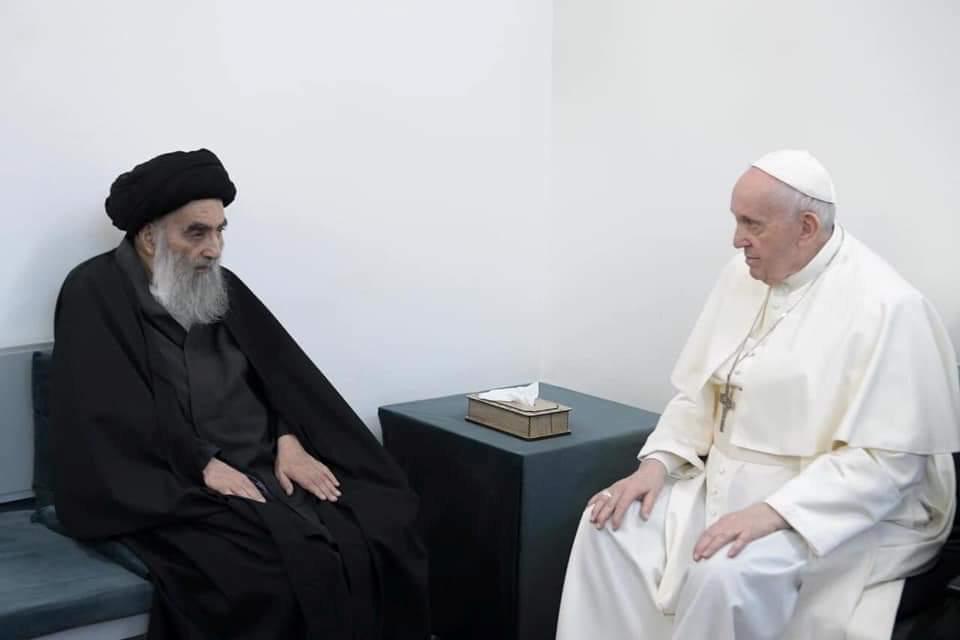Grand Mufti Ali Gomaa advised Shias not to try spreading their doctrine in a Sunni environment like Egypt, as it would cause strife and instability in the community.
In his lecture at the Islamic Research Academy on Tuesday, Gomaa said that both the Sunni and the Shia love the family of the Prophet and pray to the same Qibla, and that they should look for common denominators in order to extinguish strife and unite the nation.
He explained that there are differences between the two sects. He claimed that the Shia believe the Quran was distorted, while the Sunni do not, and that the Shia insult the Prophet’s companions, while the Sunni do not. He said that the Shia allow lying if it is necessary, while Sunnis do not lie, and that the Shia believe in the infallibility of imams, while the Sunni believe only prophets are infallible.
Egypt is wary of attempts to promote Shia doctrine in its majority Sunni society, a concern expressed by Al-Azhar, the highest religious institution in the Sunni world.
Shias were shunned from Egypt’s political and social life throughout the 30-old year regime of ousted President Hosni Mubarak. There are no official statistics on the number of Shias in Egypt, but experts on the country’s religious minorities estimate their number between 50,000 and 80,000, a relatively small proportion of Egypt’s population of 85 million. Some were banned from traveling abroad and repeatedly arrested by the security services of Mubarak’s regime.
Islamic preacher Yusuf al-Qaradawi, head of the International Union of Muslim Scholars, caused wide controversy after he warned in 2009 of attempts to spread the Shia faith in African countries including Egypt, Sudan, Algeria and Morocco.
Cairo has been accusing Tehran on a regular basis of attempting to control the region by spreading the Shia faith.
Edited translation from MENA




